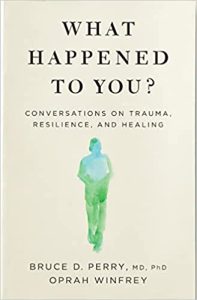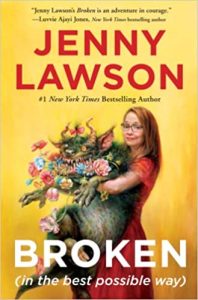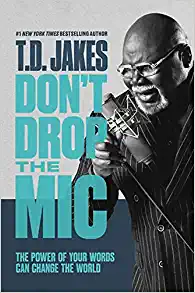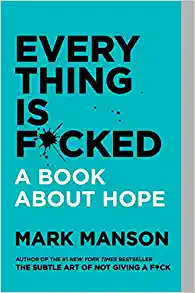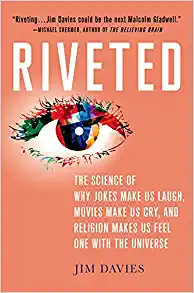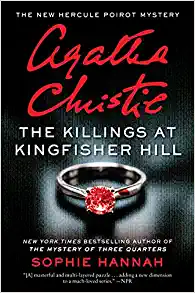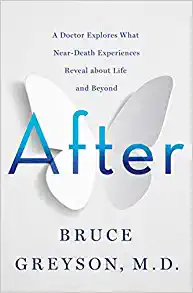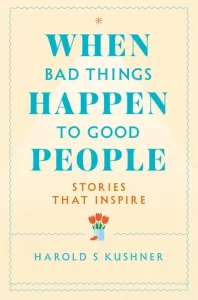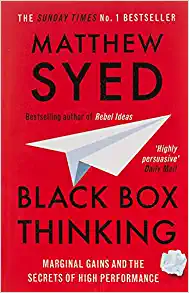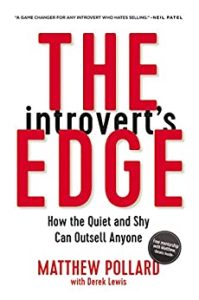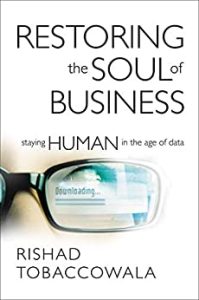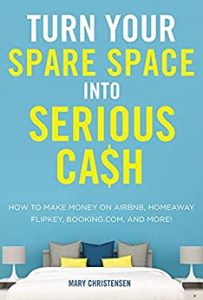Field Guide to Urban Gardening: How to Grow Plants, No Matter Where You Live
₦9,000.00In Field Guide to Urban Gardening, author Kevin Espiritu of Epic Gardening shares the basics of growing plants, offers tips on how to choose the right urban gardening method, and troubleshoots the most common problems you’ll encounter.
If you think it’s impossible to grow your own food because you don’t have a large yard or you live in the city…think again. There is a plethora of urban gardening options to create beautiful, productive edible gardens no matter where you live. The key to succeeding as an urban gardener is to choose the method(s) that make sense for your unique living situation and then give your plants what they need to thrive. Kevin helps you do just that.
But he doesn’t stop there. He also provides in-depth garden plans, from upcycled DIY projects and intensive hydroponic systems to beautiful and functional raised beds. Urban gardening is a real, growing, and important movement in today’s world. This fact-packed book is your roadmap to get growing today.
Urban gardening techniques featured include:
– Container Gardening
– Raised Beds
– Indoor Edibles
– Balconies and Rooftops
– Hydroponics


